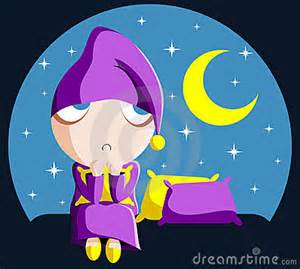Serotonin and Melatonin Imbalance

|
Jim Rohn |
The two happy hormones circulating in your system are Serotonin, which is produced during the day and Melatonin, which is produced at night. If you are happy during the day and sleep sound at night, then these two happy hormones are balanced. Serotonin and melatonin are both hormones that regulate various human functions such as sleep, appetite and mood.
Serotonin is known as a neurotransmitter; this means it is responsible for sending messages between nerve cells. While serotonin has many important functions in the body, such as regulation of mood, sleep, appetite, vomiting, sexuality, memory and learning, temperature regulation, cardiovascular function, and endocrine regulation, but it may be most known for its role as a “feel good” hormone. Increased levels of serotonin are associated with feelings of happiness and relaxation.
Low serotonin levels, on the other hand, are linked to weakened immune function, migraines, bipolar disorders, apathy, fear, feelings of worthlessness, insomnia, fatigue, anxiety, and depression. When the body produces serotonin, tension is eased and the subject feels less stressed and more focused and relaxed. Serotonin is called the calming chemical.
You find yourself lying awake tossing and turning. If so, it could be because your brain produces lower amounts of serotonin as you age. Your brain relies on this sleep-inducing brain chemical to pass along messages and signal emotions, like the feeling that you need to sleep. Serotonin is one of the most important brain chemicals for regulating the sleep/wake cycle. One of its main jobs is to signal your brain that you are sleepy. That’s one reason why low serotonin levels can disrupt your sleep or keep you from falling asleep altogether. So you lay in bed wide awake no matter how exhausted you may be.
As if wrecking your sleep wasn’t bad enough, a shortage of serotonin can cause other problems. According to a study from the University College London and Columbia University in New York, low serotonin levels can trigger depression and anxiety. Other research shows if you continue to get too little sleep, it interferes with your body’s ability to produce serotonin, making you more prone to these mood imbalances. What really causes that “busy brain” that’s robbing you of deep, quality sleep?
- Why balance between Serotonin and Melatonin hormones is very important
- Why you crave more carbohydrate and sugar rich foods in the winter
- How to boost natural serotonin levels
- What melatonin helps to control
- What is tryptophan and what it does











